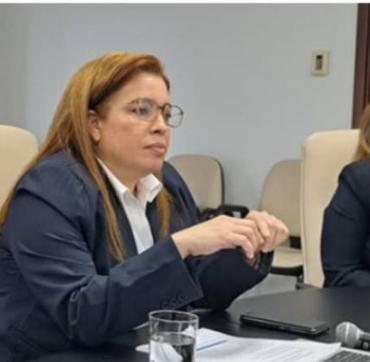Cubans recall Fidel Castro’s historic defense
especiales

Cubans recall this Monday, October 16, 1953, when young lawyer Fidel Castro staged his self-defense speech in the trial for the attack on the Moncada and Carlos Manuel de Céspedes garrisons, known as "La Historia Me Absolverá" (History Will Absolve Me).
Seventy years ago, the guerrilla leader who organized the attempt to take these two military fortresses in eastern Cuba, by surprise, from being accused he became the accuser of Fulgencio Batista’s tyranny (1952-1959), whom he denounced for his crimes and abuses against the Cuban people.
After the siege of those garrisons in Santiago de Cuba and Bayamo on July 26, 1953, the revolutionary leader faced the atrocities of the then ruler, who ordered the killing of ten prisoners for each soldier killed in the armed action.
This order was quickly carried out and ended the lives of more than 50 revolutionaries who were tortured and murdered in the dungeons of the Moncada Garrison, its suburbs, and the city’s outskirts.
Under pressure from the Batista regime, intimidation attempts, press censorship, and law violations, Fidel Castro pleaded his self-defense speech before the trial in Case 37 of 1953, which would be forever marked by the final sentence of his plea: “History Will Absolve Me.”
The Cuban leader’s arguments dismantled the country’s reality at that time in the economic, political, and social order, which revealed the colossal problems of society.
In that scenario, Fidel described what he considered to be six fundamental problems that should be addressed immediately after the revolutionary triumph: land, housing, health, education, unemployment, and industrialization.
The final sentence of his memorable plea was recorded for posterity as an expression of his will to resist the dangers of prison: “…Condemn me, it does not matter, history will absolve me.”














Add new comment